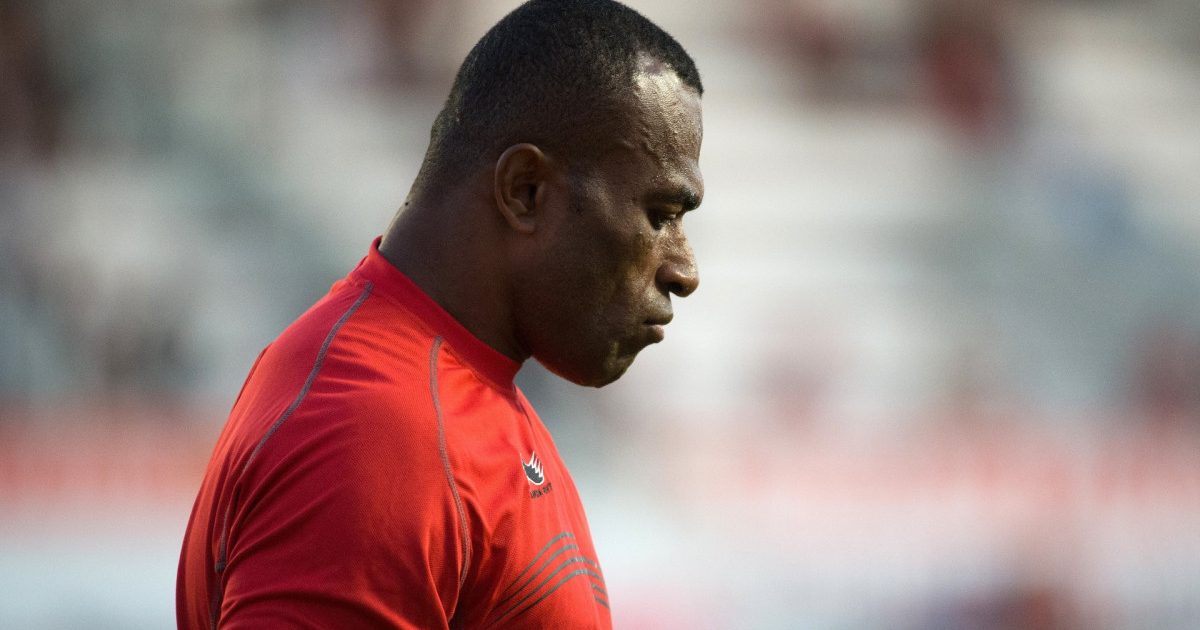Booze and bad attitudes could hurt Fiji's new Super side warns Bobo

Former Fiji wing Sireli Bobo has warned the players who will make up the Fijian Drua squad to “change their attitude” over drinking and training when they debut in the newly revamped Super Rugby Pacific competition in February.
Bobo, who scored 11 tries in 19 tests, had a successful professional career taking him to the Hurricanes, La Rochelle, Biarritz, Pau, Racing Metro and Toulon, and told SUNsports: “A common Fijian habit is the consumption of alcohol and failure to turn up for training while the others are present for the session. Players should learn from the experience of former reps like us. It’s a must that they change their attitude. Change their eating habits, mindset and the way they approach the game. It comes again to good attitude that can help the club and the player go far. These players should really change the way they do things and basically adapt to the professional environment.”
Bobo said local and overseas-based players chosen by the Drua have a responsibility to deliver at the highest level and added: “Fijian players are often known for our attitude problems on and off the field. Talent can take you places but with a poor attitude you are nothing and your talent is wasted. This is the Super Rugby; it is a different ball game altogether. They will be playing against the best players from the Southern Hemisphere, and they don’t joke around.”
Bobo backed former team-mate and ex-Exeter wing Sireli Naqelevuki’s comments on the need for correct body conditioning.“Naqelevuki is right about conditioning, this is vital for the players when it comes to Super Rugby,” he said.“They need to be fit mentally and physically in order to compete weekly.
“That is with good strength, speed, endurance and most importantly mental toughness. This is because you’ll have to analyse yourself weekly. When a player is carved out of New Zealand, he is a class player because of the professional environment. For Pacific Island players including Fijians we won’t be retiring in the Super Rugby competition.
“In fact, use the competition as the door to another opportunity somewhere else around the world. “When you come out of that competition your value is really high and other clubs are willing to recruit you. Clubs would prefer to recruit a Super Rugby player over a Flying Fijian or a Fijian 7s player.”





































































